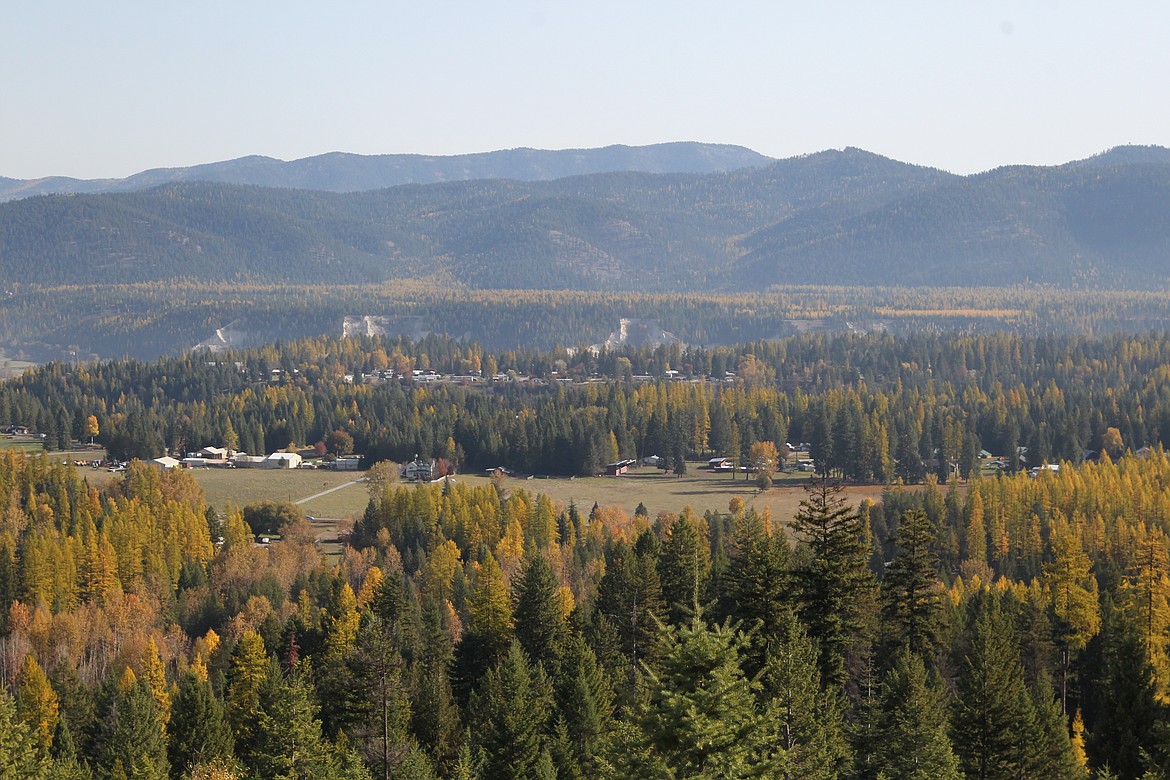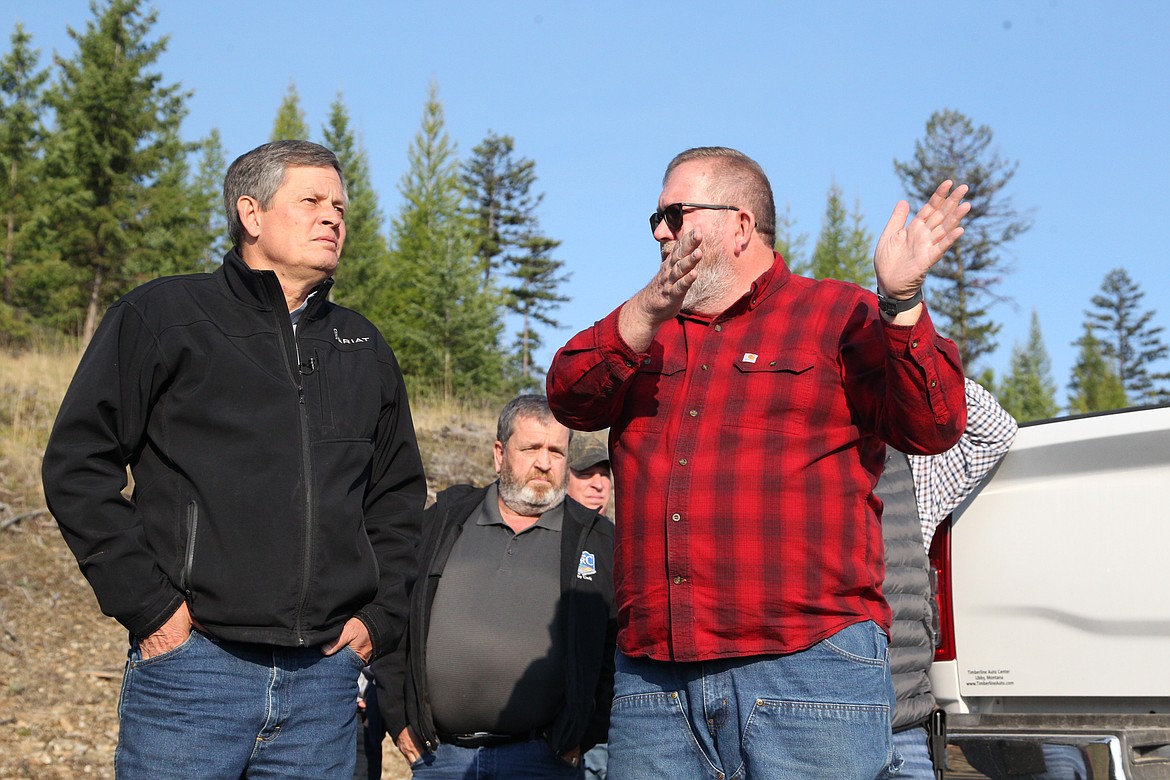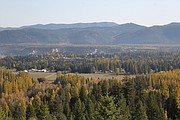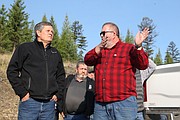County backs Forest Service in Ripley Project lawsuit
Local elected officials and community organizers are linking arms in opposition to a legal challenge to a controversial U.S. Forest Service project near Libby...
Become a Subscriber!
You have read all of your free articles this month. Select a plan below to start your subscription today.
Already a subscriber? Login







